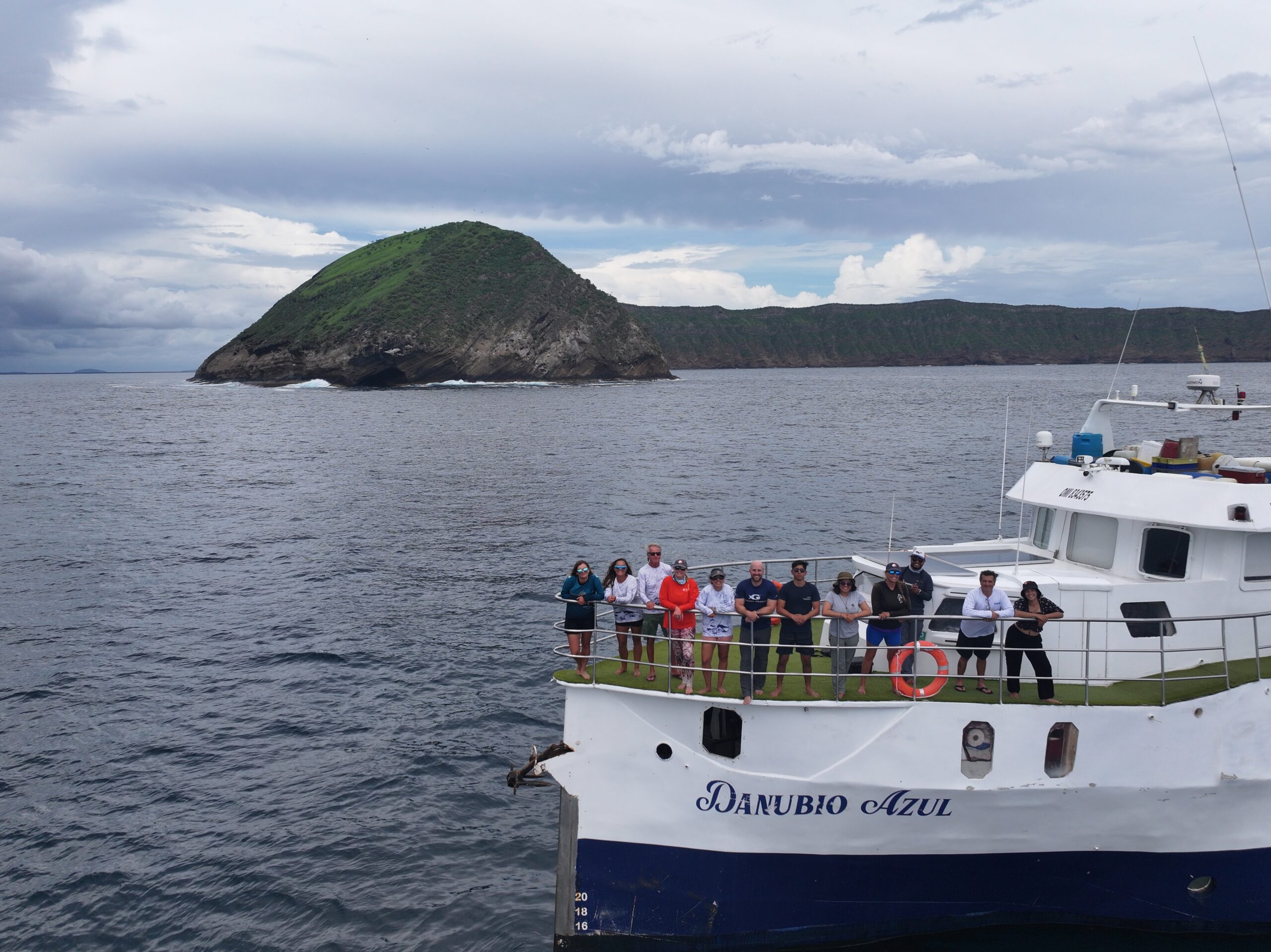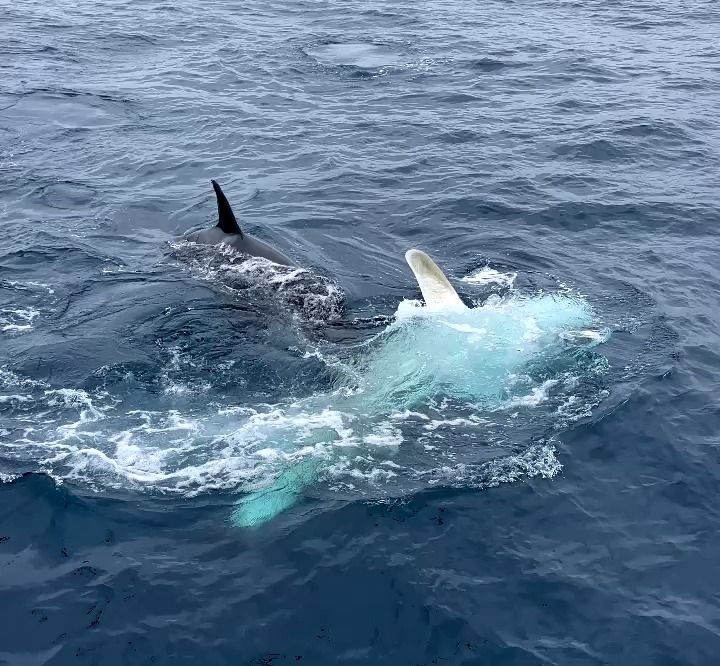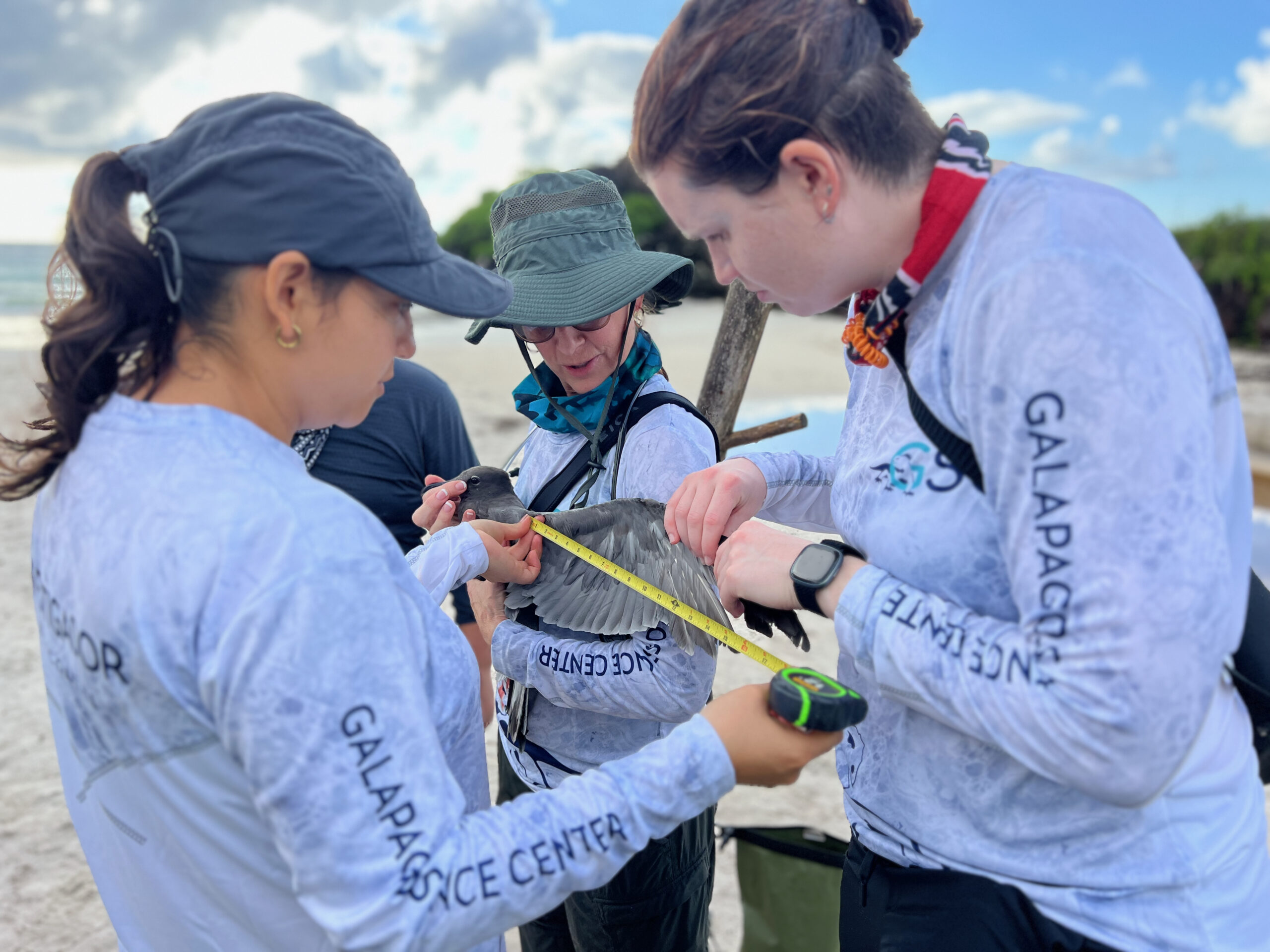Desentrañar las reglas de la vida requiere que comprendamos cómo la colección total de genes da forma a la forma de vida, la fisiología y el comportamiento. Aquí, adoptamos un enfoque integrador a esta pregunta al caracterizar los genomas de un conjunto de pastos fenotípicamente diversos, pero monofiléticos, de Ecuador.
Estas hierbas viven en diversos hábitats que van desde las Islas Galápagos, el Páramo (tundra alpina), la selva tropical y las zonas ribereñas y litorales. Estos pastos también tienen una amplia gama de hábitos (macollaje versus vides versus arbustos versus árboles), metabolismo autotrófico (fijación de carbono C3 versus C4) y estrategias de supervivencia (perenne versus anual). La pregunta que debe abordarse es qué genes / alelos dan forma a ciertas morfologías / fisiologías expresadas en un entorno real, en oposición a un entorno de laboratorio controlado. Este proyecto reúne dos disciplinas básicas: botánica y genómica, pero extiende las conexiones a la biología celular y del desarrollo. Este proyecto es una fuerte colaboración con investigadores de la Universidad de San Francisco en Quito.






